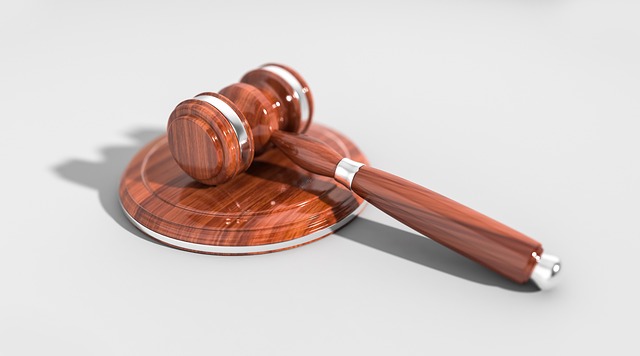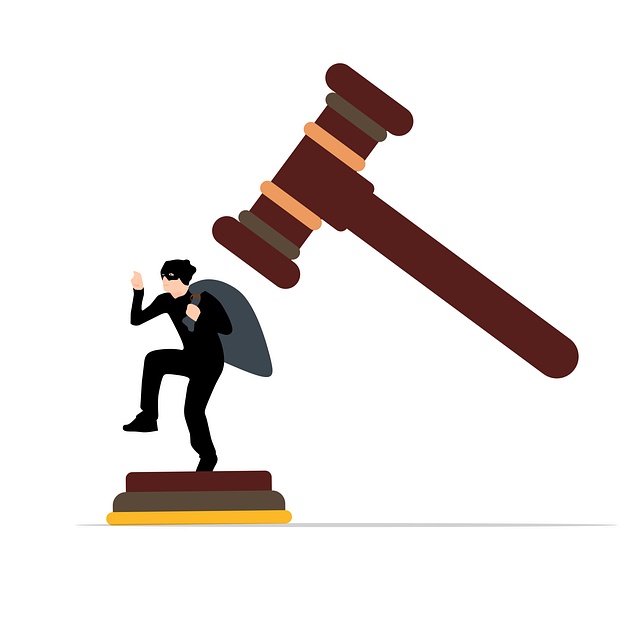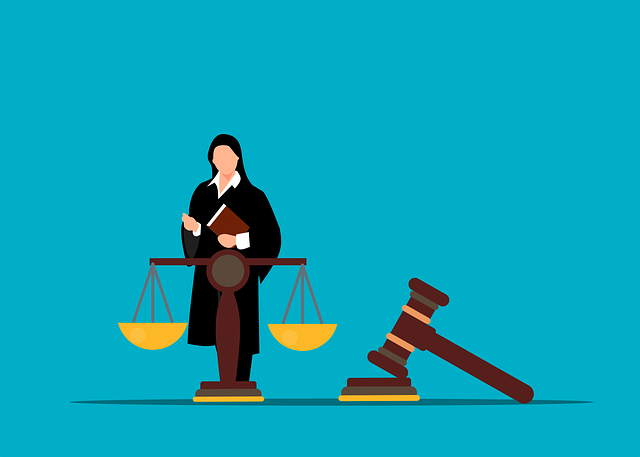In Oregon, securing a fair trial through robust defense strategy is crucial when facing criminal allegations. This involves understanding constitutional rights, navigating evidentiary rules and procedures, gathering evidence, and effective communication with the court. Assembling a skilled defense team led by an expert in criminal law, proactive evidence gathering, staying informed, and maintaining detailed records are key steps to advocate for fair trial advocacy and improve outcomes within Oregon's criminal justice system.
“In Oregon, ensuring a fair trial is paramount when facing criminal allegations. This comprehensive guide delves into the intricate process of defense advocacy, empowering individuals to navigate legal complexities effectively. We explore critical components of building a robust defense strategy and provide essential insights into understanding one’s rights. From recognizing key legal steps to protecting your freedom, this article offers practical knowledge for those seeking fair trial advocacy. By understanding these processes, you can confidently face challenges head-on.”
- Understanding Your Rights: Ensuring a Fair Trial in Oregon
- Building a Strong Defense Strategy: Key Elements for Success
- Navigating the Legal Process: Steps to Protect Your Freedom
Understanding Your Rights: Ensuring a Fair Trial in Oregon

In Oregon, understanding your rights is a cornerstone for defense against criminal allegations. Everyone accused of a crime is entitled to certain constitutional protections designed to ensure a fair trial. These include the right to remain silent, the right to an attorney, and the right to confront witnesses against you. Knowing and exercising these rights are crucial steps in advocating for yourself or someone else facing legal charges.
Fair trial advocacy involves navigating the complexities of Oregon’s criminal justice system. This includes understanding evidentiary rules, procedural requirements, and the role of judges and juries. By being informed about these aspects, individuals can better protect their interests and present a compelling defense. Effective fair trial advocacy ensures that every accused person has an opportunity to defend themselves against allegations with integrity and dignity.
Building a Strong Defense Strategy: Key Elements for Success

Building a robust defense strategy is paramount when facing criminal allegations in Oregon, ensuring every element is carefully considered to advocate for a fair trial. The first step involves gathering and analyzing evidence, including any physical, digital, or witness testimonies that can contradict the prosecution’s case. This process requires meticulous attention to detail, as even seemingly insignificant details could be pivotal in disproving the charges.
Legal counsel plays a crucial role in constructing this defense, providing expertise in interpreting laws and navigating complex procedures. They will guide clients through pre-trial hearings, cross-examining witnesses, and presenting alternative theories to the jury. Effective communication of these strategies is key, ensuring the court understands the client’s position while adhering to legal boundaries. A well-prepared defense, backed by solid evidence and legal advocacy, increases the chances of a favorable outcome in Oregon’s criminal justice system.
Navigating the Legal Process: Steps to Protect Your Freedom

Navigating the legal process in Oregon when facing criminal allegations can be daunting, but understanding your rights and taking proactive steps is crucial for fair trial advocacy. The first step involves assembling a competent defense team, including an experienced attorney who specializes in criminal law. They will guide you through each phase of the process, ensuring your constitutional rights are protected.
Next, gathering comprehensive evidence to support your case is essential. This may include documentation, witness statements, and any relevant physical evidence. By proactively collecting and organizing this information, you can effectively counter the allegations against you. Additionally, staying informed about your legal options and keeping detailed records of interactions with law enforcement or prosecutors will empower you to make informed decisions, ultimately enhancing your chances of a favorable outcome.






